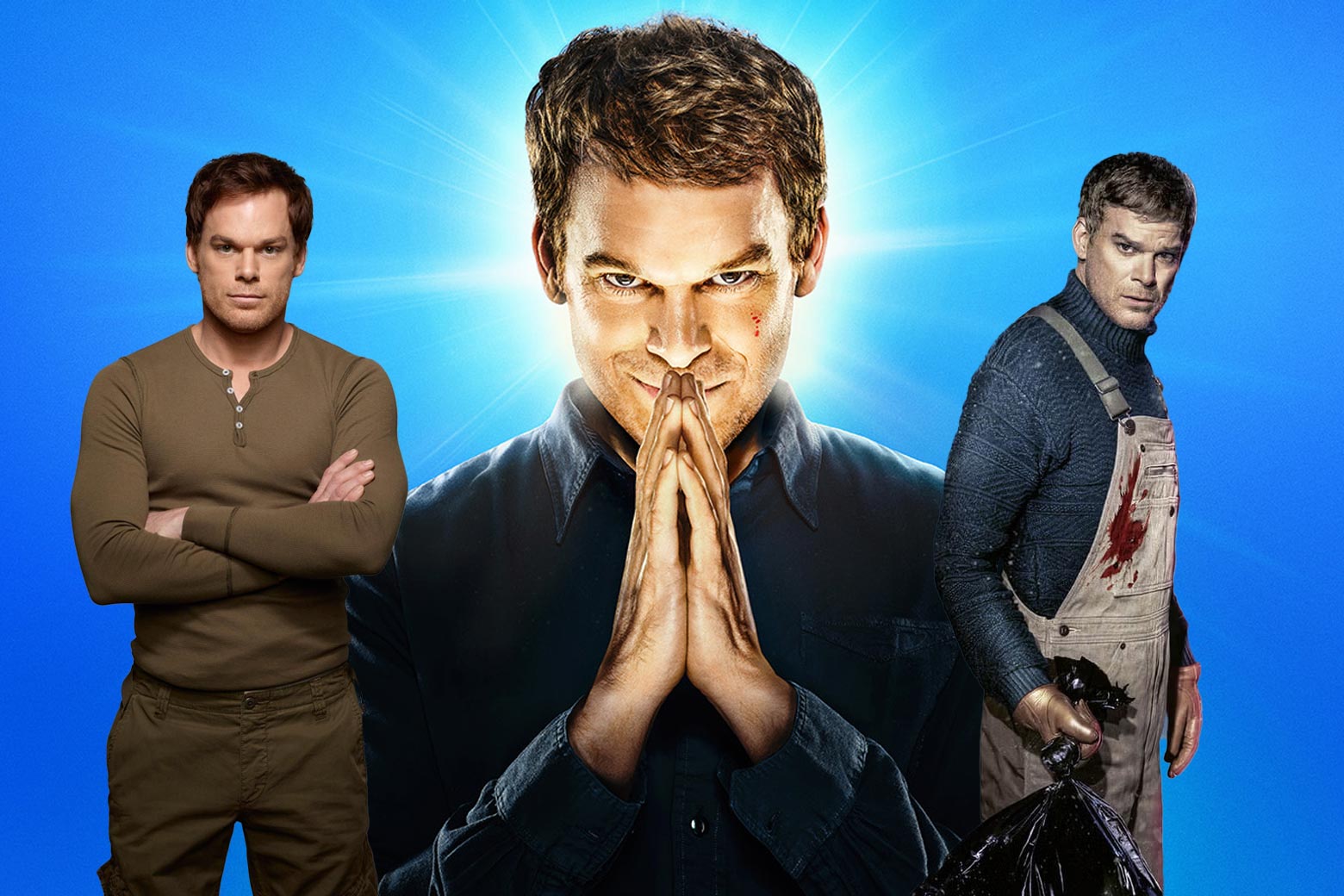
"Arriving in the fall of 2006, Showtime's Dexter followed the exploits of a serial killer who exclusively stalked other serial killers and wicked folk. The series, based on the novels by Jeff Lindsay, gave depth to its macabre thrills by way of a classic moral quandary: Was protagonist Dexter Morgan, played by Michael C. Hall, a good person who did bad things, or a bad person who deluded himself into believing he was good?"
"The 2013 series finale, "Remember the Monsters?," was so poorly received that it pretty definitively answered this question for most: was bad, its best days over after the gruesome end of its fourth season, in which-years-old spoiler warning-Dexter discovers the body of his wife, murdered by the serial killer he had finally succeeded in taking out. But I would go even further in this retroactive condemnation of the series: Dexter, contrary to popular opinion and critical consensus at one point,"
Dexter premiered on Showtime in fall 2006, centering on a serial killer who targeted other killers and posing a moral quandary about whether Dexter was fundamentally good or irredeemably bad. The show was initially framed as part of the Second Golden Age of television and positioned as Showtime's challenger to HBO's prestige dominance. Critical and viewer enthusiasm eroded across eight seasons, with the 2013 finale widely panned and many judging the series degraded after its fourth season when Dexter discovers his wife's murder. The series is characterized here as having a flimsy premise that sustained genuine quality for only a brief period, despite later revival attempts.
Read at Slate Magazine
Unable to calculate read time
Collection
[
|
...
]